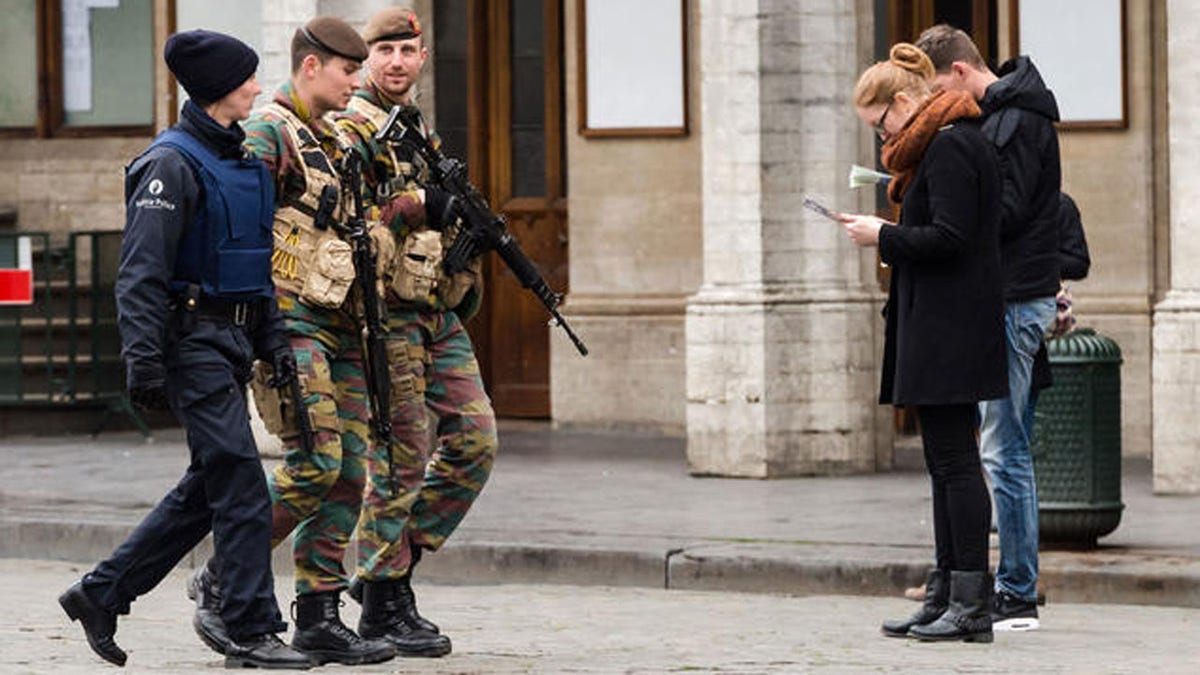
The attack in Brussels are adding to already softening travel to Europe.
Tuesday’s deadly coordinated terror attacks in Brussels have some thinking twice about a summer trip to Europe.
Travel firm Thomas Cook today said that its overall summer bookings are lower than this time last year with just 40 percent of the summer season sold-- due in part to unrest in Europe.
And in the wake of November’s attacks, bookings to France have dropped between 8 and 10 percent from the year before according to the airfare prediction app Hopper.
“People are still trying to figure out if it makes sense to visit Europe or go to an alternate place. The combination of the terror attacks and the instability caused by the migrant crisis is causing a lot of uncertainty,” said Patrick Surry, chief data scientist for Hopper.
Surry notes that overall interest to Europe, defined by Internet searches on its site, is currently down about 13 percent for 2016 to date compared to 2015 during the same period, due to increased terror activity and the migrant crisis.
“I'd expect it to persist through the summer since people are starting to make summer travel plans now and it seems like various negative coverage will continue to influence travelers.”
For Americans currently in Europe or elsewhere in the world, the State Department is warning citizen use extra precautions. “U.S. citizens continue to be at risk of kidnappings and hostage events as ISIL, al-Qa’ida, and their affiliates attempt to finance their operations through kidnapping-for-ransom operations,” it said in a statement.
Authorities say that Brussels Airport will stay closed until at least Wednesday afternoon local time. Eurostar trains to Brussels have been canceled for the time being and Britain’s Heathrow Airport is beefing up security measures, citing it as one of the major gateways for European travel.
“In the light of events in Brussels airport, we are working with the police at Heathrow who are providing a high-visibility presence,” a statement from Heathrow said.
But Timothy Horner, managing director of Kroll, the international security risk management firm which helps to assess risk around the globe, says that while Americans should be vigilant, they shouldn’t cancel their plans.
“We need to understand the risk in that location and prepare for it,” Kroll says. “It doesn’t mean people shouldn’t travel, but it does become a personal decision. There should be pre-planning. Travelers should show commonsense and be observant. Book direct flights. Have fewer layovers and stay away from places with crowds.”
The Brussels bomb blasts, just the latest in a string of terror attacks in Europe, has put a damper on what was looking to be a good time to visit Europe. The strength of the U.S. dollar against the euro means that your dollar can go father. Also, falling jet fuel prices are finally starting to push down the price of airline tickets. And, due to sites like Airbnb, accommodations are affordable.
And with its friendly locals and fine beer and chocolate, Brussels has long been a popular destination for Americans.
But Europe’s unrest has some considering other destinations, says Surray.
“Demand is up in Latin America and Australia. Of course the (Rio) Olympics is a draw, so it's hard to be too definitive, but it looks like people are for substituting non-European international travel,” he says.








































